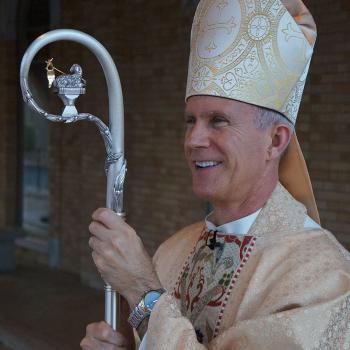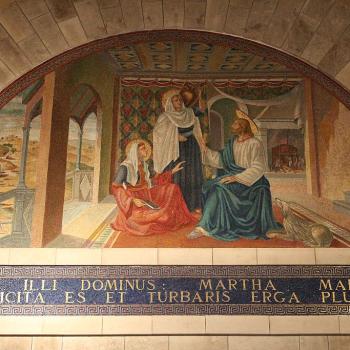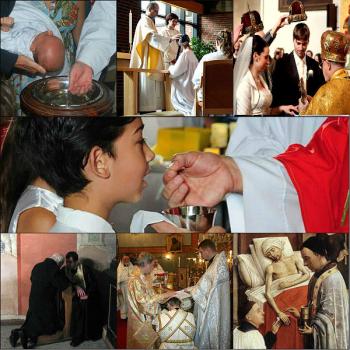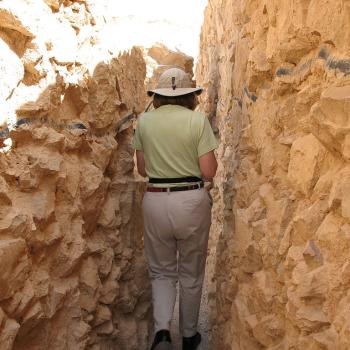We have many temptations and sins which we fall into throughout our lives. While we can understand why many sins are wrong to do,others challenge us, as we do not understand why they are so bad. We might avoid them, but do so the same way we avoid breaking the law: we fear the consequences which come if we do them, not because we think we shouldn’t do them. This kind of approach to sin has led us to engage... Read more
















